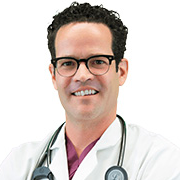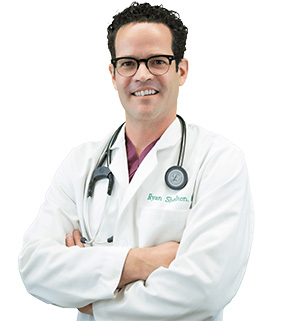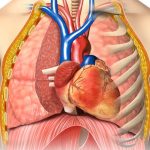You have so much power to reduce your risk factors and prevent the progression, if not reverse the risk factors for the number one killer in the United States — heart disease. We’ll be reviewing researched nutritional strategies to help you achieve those goals. Small choices that you can make can really change the trajectory of your risk factors, and how you live a happier, healthier life.
Statistics about Heart Disease
 Let’s review some statistics — scary statistics. It’s estimated that 17,900,000 people die every year from cardiovascular disease, and that accounts for nearly a third of all deaths. Unfortunately, over 75% of these deaths from cardiovascular disease occur in low or middle income households. 1,100,000,000 people in the world have high blood pressure and hypertension, and only less than one in five have it under control. In the US alone, approximately 85,000,000 people suffer from some form of cardiovascular disease causing about 2200 deaths a day, averaging one death every 40 seconds. Almost one out of every three deaths results from cardiovascular disease.
Let’s review some statistics — scary statistics. It’s estimated that 17,900,000 people die every year from cardiovascular disease, and that accounts for nearly a third of all deaths. Unfortunately, over 75% of these deaths from cardiovascular disease occur in low or middle income households. 1,100,000,000 people in the world have high blood pressure and hypertension, and only less than one in five have it under control. In the US alone, approximately 85,000,000 people suffer from some form of cardiovascular disease causing about 2200 deaths a day, averaging one death every 40 seconds. Almost one out of every three deaths results from cardiovascular disease.
 Not to mention the economical price. Direct and indirect costs of cardiovascular disease and stroke are estimated to be at $320,000,000,000 a year, and this figure is only increasing. One study showed that 98% of seven to 12 year olds showed at least one major risk factor for cardiovascular disease, and 54% showed three or more risk factors for cardiovascular disease. Another study on people enrolled or enlisted in the army showed that between the ages of 18 and 23, they were already showing signs of atherosclerosis.
Not to mention the economical price. Direct and indirect costs of cardiovascular disease and stroke are estimated to be at $320,000,000,000 a year, and this figure is only increasing. One study showed that 98% of seven to 12 year olds showed at least one major risk factor for cardiovascular disease, and 54% showed three or more risk factors for cardiovascular disease. Another study on people enrolled or enlisted in the army showed that between the ages of 18 and 23, they were already showing signs of atherosclerosis.
So this is a disease that starts in your youth, but you have the power to really change your risk factors and prevent the development of cardiovascular disease.
Common Risk Factors of Heart Disease
Let’s look at some common risk factors and how to address them nutritionally.
1. High cholesterol
 We all know high cholesterol is a risk factor for cardiovascular disease. Studies show that eating breakfast can improve cholesterol, as well as eating smaller, more frequent meals. Eggs do not seem to be a problem, actually up to 28 eggs per week showed no increase in the body’s production of cholesterol. You should be eating foods that are high in omega and seven fatty acids, nuts and seeds, garlic, high-fiber foods, beans and legumes, and rice bran oil. It’s important to avoid foods that are high in sucrose and fructose, and limiting your alcohol intake.
We all know high cholesterol is a risk factor for cardiovascular disease. Studies show that eating breakfast can improve cholesterol, as well as eating smaller, more frequent meals. Eggs do not seem to be a problem, actually up to 28 eggs per week showed no increase in the body’s production of cholesterol. You should be eating foods that are high in omega and seven fatty acids, nuts and seeds, garlic, high-fiber foods, beans and legumes, and rice bran oil. It’s important to avoid foods that are high in sucrose and fructose, and limiting your alcohol intake.
It’s no wonder vegetarians and vegans have a lower risk factor of cardiovascular disease with a diet high in fruits and vegetables.
2. Homocysteine and C-reactive protein

These are both independent risk factors for cardiovascular disease or heart disease. Homocysteine can be improved by eating fruits and vegetables, avoiding coffee, and eating foods that are high in essential fatty acids.
A Mediterranean-type diet has been shown to reduce C reactive protein. In addition, high fiber intake, limiting alcohol, limiting food allergies and barbecue or charred foods, all helps reduce C-reactive protein.
3. Platelet aggregation
 Platelet aggregation is also an independent risk factor for heart disease. Avoid foods in high sucrose and eat a low fat, whole foods diet, limiting sodium or salt intake.
Platelet aggregation is also an independent risk factor for heart disease. Avoid foods in high sucrose and eat a low fat, whole foods diet, limiting sodium or salt intake.
Once again, the Mediterranean-type of diet could help here. Tomatoes, and the allium family (garlic, onions, leeks), a glass or two of red wine, dark chocolate, grape juice, green tea, essential fatty acids, and culinary herbs like ginger, rosemary, thyme, and oregano, have been shown to help with platelet aggregation.
4. Lipoprotein A

Another risk factor for heart disease, we can improve Lipoprotein A levels by avoiding trans-fats, unfiltered coffee, incorporating red wine and grapes, eating a diet that’s rich in vitamin C foods and essential fatty acids.
5. Fibrinogen
 Fibrinogen is also an independent risk factor for cardiovascular disease. Eating a diet high in fiber, and reducing intake of senior saturated or trans-fatty and refined carbohydrates is important. Your diet should include more of the allium family of vegetables, cayenne, apple cider vinegar, vitamins C, E, and B, and enzymes like Nattokinase or Bromelain foods that are high in zinc.
Fibrinogen is also an independent risk factor for cardiovascular disease. Eating a diet high in fiber, and reducing intake of senior saturated or trans-fatty and refined carbohydrates is important. Your diet should include more of the allium family of vegetables, cayenne, apple cider vinegar, vitamins C, E, and B, and enzymes like Nattokinase or Bromelain foods that are high in zinc.
6. High blood pressure
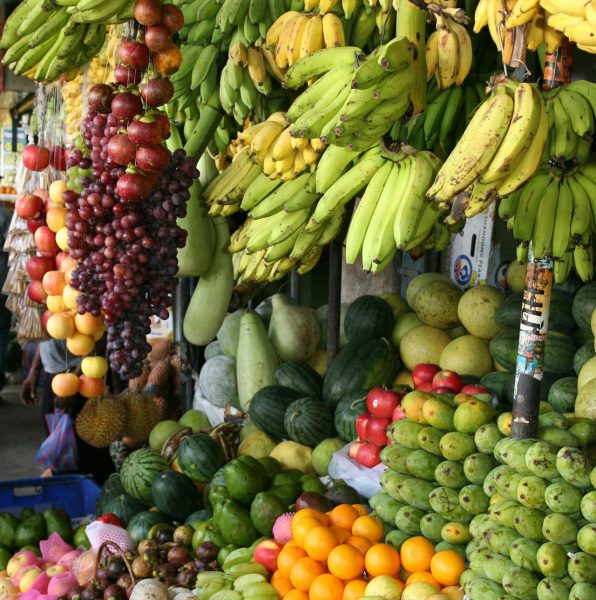 High blood pressure is an absolute contributing factor to cardiovascular disease. You need to avoid heavy metals like lead and cadmium, which have been shown to have a relationship with the development of hypertension. To help this, reduce sodium intake, processed foods that are typically high in salt, and avoid sucrose and fructose. Stick to a diet high in fruits and vegetables.
High blood pressure is an absolute contributing factor to cardiovascular disease. You need to avoid heavy metals like lead and cadmium, which have been shown to have a relationship with the development of hypertension. To help this, reduce sodium intake, processed foods that are typically high in salt, and avoid sucrose and fructose. Stick to a diet high in fruits and vegetables.
Are you seeing a pattern here yet?
The Best Diet to Prevent Heart Disease
 It is recommended to follow a vegetarian diet, and have nine servings of five colors every single day. Include water-soluble fibers such as pectin and oats and rice bran, vegetable proteins, beans and legumes. These foods happen to also be rich in sources of magnesium and potassium, which helps to prevent heart disease. The allium family, garlic, leeks, onions and culinary herbs and spices, can be used to flavor your food but also use them to live a longer life.
It is recommended to follow a vegetarian diet, and have nine servings of five colors every single day. Include water-soluble fibers such as pectin and oats and rice bran, vegetable proteins, beans and legumes. These foods happen to also be rich in sources of magnesium and potassium, which helps to prevent heart disease. The allium family, garlic, leeks, onions and culinary herbs and spices, can be used to flavor your food but also use them to live a longer life.
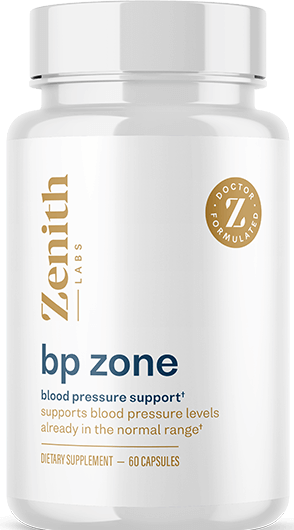 Avoid sucrose and fructose, refined carbohydrates, fast foods, fried foods, chard foods, highly-processed foods that are high in sodium and salt, a diet that’s rich in essential fatty acids. Cold water, fish, nuts and seeds, avocado, olives and grass-fed free range meats such as beef or chicken or eggs. Obviously, avoid smoking. The intake of coffee in moderation seems to be protective as long as that coffee is filtered, so unfiltered coffee actually increases cholesterol and triglycerides which contributes to heart disease. Alcohol really needs to be taken in moderation. If you drink nothing, your risk factors go down. If you drink too much, your risk factors go way up. But if you drink in moderation, say between one and three glasses of particularly red wine rich in flavonoids, you may actually reduce your risk factors for heart disease.
Avoid sucrose and fructose, refined carbohydrates, fast foods, fried foods, chard foods, highly-processed foods that are high in sodium and salt, a diet that’s rich in essential fatty acids. Cold water, fish, nuts and seeds, avocado, olives and grass-fed free range meats such as beef or chicken or eggs. Obviously, avoid smoking. The intake of coffee in moderation seems to be protective as long as that coffee is filtered, so unfiltered coffee actually increases cholesterol and triglycerides which contributes to heart disease. Alcohol really needs to be taken in moderation. If you drink nothing, your risk factors go down. If you drink too much, your risk factors go way up. But if you drink in moderation, say between one and three glasses of particularly red wine rich in flavonoids, you may actually reduce your risk factors for heart disease.
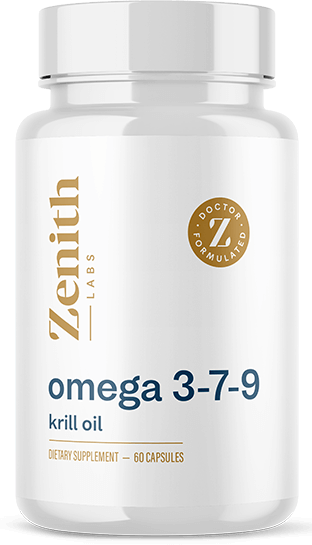 We have created other videos on high blood pressure, so do go check those out. We’ve created a couple of supplements, one for blood pressure called BP Zone, and one that’s rich in omega 3-7-9 fatty acids, it’s called Omega 3-7-9 + Krill. Give them a try and supplement with these nutritional strategies so you can prevent the progression of heart disease.
We have created other videos on high blood pressure, so do go check those out. We’ve created a couple of supplements, one for blood pressure called BP Zone, and one that’s rich in omega 3-7-9 fatty acids, it’s called Omega 3-7-9 + Krill. Give them a try and supplement with these nutritional strategies so you can prevent the progression of heart disease.
Find out which heart health mistakes you’re making, and how to spot heart attack symptoms before it’s too late.
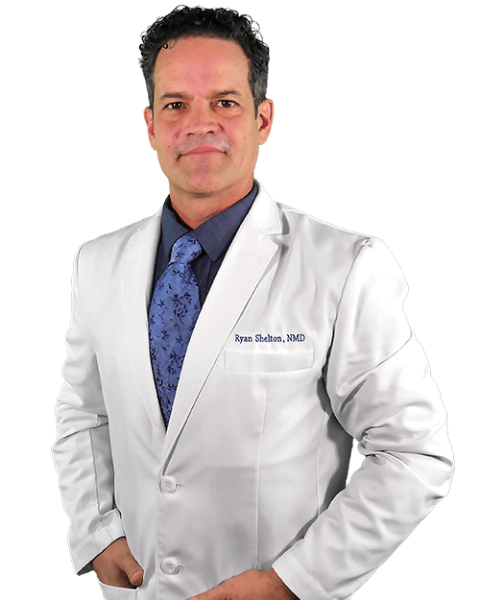 If you liked this video/article and found it useful, do share it with your friends and loved ones. Subscribe to the Youtube channel for weekly tips on new tools and techniques to improve your health and well-being.
If you liked this video/article and found it useful, do share it with your friends and loved ones. Subscribe to the Youtube channel for weekly tips on new tools and techniques to improve your health and well-being.
I believe in the original meaning of the word doctor, ‘docere’, which means teacher. I’m here to help educate you on how to take care of yourself in ways that you may not have heard of before, but that are effective. I always want to hear your ideas and feedback so be sure to leave me comments below!



